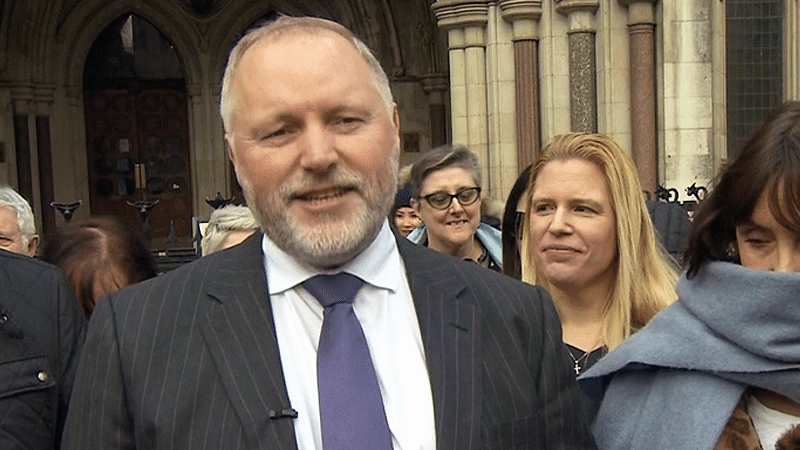Police unlawfully interfered with the free speech of a man who opposed transgender ideology online, a judge has ruled.
A police officer visited Harry Miller’s place of work after receiving a complaint about a ‘transphobic’ tweet, leaving Miller with the impression he could be prosecuted.
But Mr Justice Knowles strongly criticised the actions: “In this country we have never had a Cheka, a Gestapo or a Stasi. We have never lived in an Orwellian society.”
‘Warning’
The judgment was broadly welcomed by pro-free-speech groups, including The Christian Institute and Index on Censorship.
“Freedom only to speak inoffensively is not worth having”.
Mr Justice Knowles
Speaking outside court, Miller’s solicitor Paul Conrathe said the ruling was “a strong warning to local police forces not to interfere with people’s free speech rights on matters of significant controversy”.
However, the judge did not challenge the police guidance that led to the businessman Miller being told he had committed a ‘non-crime hate incident’. As a result, Miller – a fomer police officer – is to appeal the ruling to the Supreme Court.
‘No hatred’
Between November 2018 and January 2019, Miller posted a number of tweets, which he said were part of the debate on proposals to dramatically weaken the Gender Recognition Act 2004.
His QC acknowledged some of the posts were provocative. One said: “I was assigned mammal at birth, but my orientation is fish. Don’t mis-species me”, before adding an expletive.
But, the lawyer added, he never “expressed hatred towards the transgender community, or sought to incite such hatred in others”.
Freedom
In his judgment, Judge Knowles quoted from a previous ruling that: “Freedom only to speak inoffensively is not worth having”.
“The effect of the police turning up at his place of work because of his political opinions must not be underestimated. To do so would be to undervalue a cardinal democratic freedom.”
And he said: “I find the combination of the police visiting the claimant’s place of work, and their subsequent statements in relation to the possibility of prosecution, were a disproportionate interference with the claimant’s right to freedom of expression because of their potential chilling effect.”
‘Liberty’
After the ruling, Miller said: “This is a watershed moment for liberty – the police were wrong to visit my workplace, wrong to ‘check my thinking’.”
Ciarán Kelly, a Deputy Director at The Christian Institute, said: “We’re delighted the judgment upholds freedom of speech on this contentious issue.
“But it needed to go further and challenge the Police guidelines on recording ‘hate incidents’. We hope the Supreme Court will now do that.
‘Protect’
“We can expect more cases in the coming months.
“Police forces are supposed to respect free speech not restrict it. They shouldn’t be spending precious time and money investigating unsubstantiated tittle-tattle.
“Mr Miller’s language was certainly coarse at times but his freedom to disagree with a particular view has to be protected.”
Index on Censorship remarked: “All too often speech that breaks no law is being investigated in a way that stifles people’s freedom to express themselves – while direct and credible threats of violence go unpunished”.

